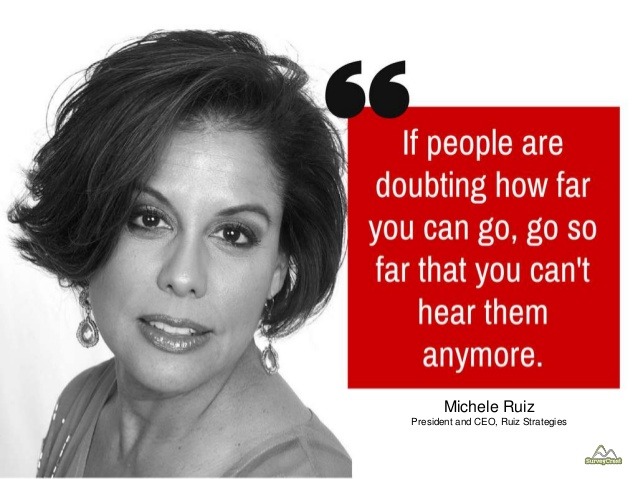Women were supposed to fill half of the sky, sail half of the sea and rule half of the land. Equal rights of men and women were recognized all over the world but theoretically. In International arena the first important step for securing equal rights for Women was taken in the UNIVERSAL DECLARATION OF HUMAN RIGHTS (UDHR) in the year 1948.
As the society in India evolved basically from agrarian feudal background, women were traditionally considered as inferior to their male counter part in every respect. Though there was indication that women should be respected everywhere but general mind set was always in the diametrical opposite end and naturally the women were not considered fit for education and employment. In spite of the advent of civilization, the mindset remains unaltered. The normal, common psyche was women are inferior and an object of “lust”, did not change, but prevailed dominantly. However, the participation of women in economic activities was in escalation. The women were increasingly coming out of the four walls in the middle of the nineteenth century overcoming the social barrier. But the process was not smooth. Women faced difficulties in their families as well as from their colleagues in the work place. The methods were initiated knowingly or unknowingly to make the situation of office and place of work unfavourable for the women.
As the women were coming out in increasing number harassment was also in rise. There was resentment all over the country, but the consciousness of the entire nation was shaken by when Bhanwari Devi’s case came into light. Bhanwari Devi, a saathin or a village level worker in the State Of Rajasthan was gang raped by 5 persons to retaliate the fact that Bhanwari Devi tried to stop the marriage of one year old daughter of one the rapists. Even judiciary placed a shameful role. Rapists were all acquitted.
Significantly, Sexual Harassment of Women at Workplace (Prevention, Prohibition and Redressal) Act, 2013 (Sexual Harassment Act) has been enacted, that seeks to protect women from sexual harassment at their place of work.
With the allegations of sexual assault and intimidation against founder and editor-in-chief of weekly magazine Tehelka, Tarun Tejpal, from a junior staffer, the focus is back on the safety of women at workplace.
526 cases of sexual harassment of women at workplace were reported during 2014. Women and Child Development Minister Maneka Gandhi said that 57 cases were reported at office premises and 469 cases were registered at other places related to work during the year. The ministry “had issued advisories to all States/Union territories on December 23, 2013 and 27 October, 2014 to ensure effective implementation of the Act. The ministries/departments in government have also been advised to ensure the compliance of the Act time to time,” the Minister said.
As Zia Mody says in her book TEN JUDGMENTS THAT CHANGED INDIA, “Judicial activism reached its pinnacle in Vishakha versus State Of Rajasthan.” Though we now have a specific law to prohibit sexual harassment at workplace but the menace cannot be controlled until and unless the mentality of males in general would not change. Till the basic human dignity of women is not recognized and respected by men, no law will be effective. It is important that constitutionally guaranteed principles of equality among men and women do not remain only empty words and should be upheld in practice.














